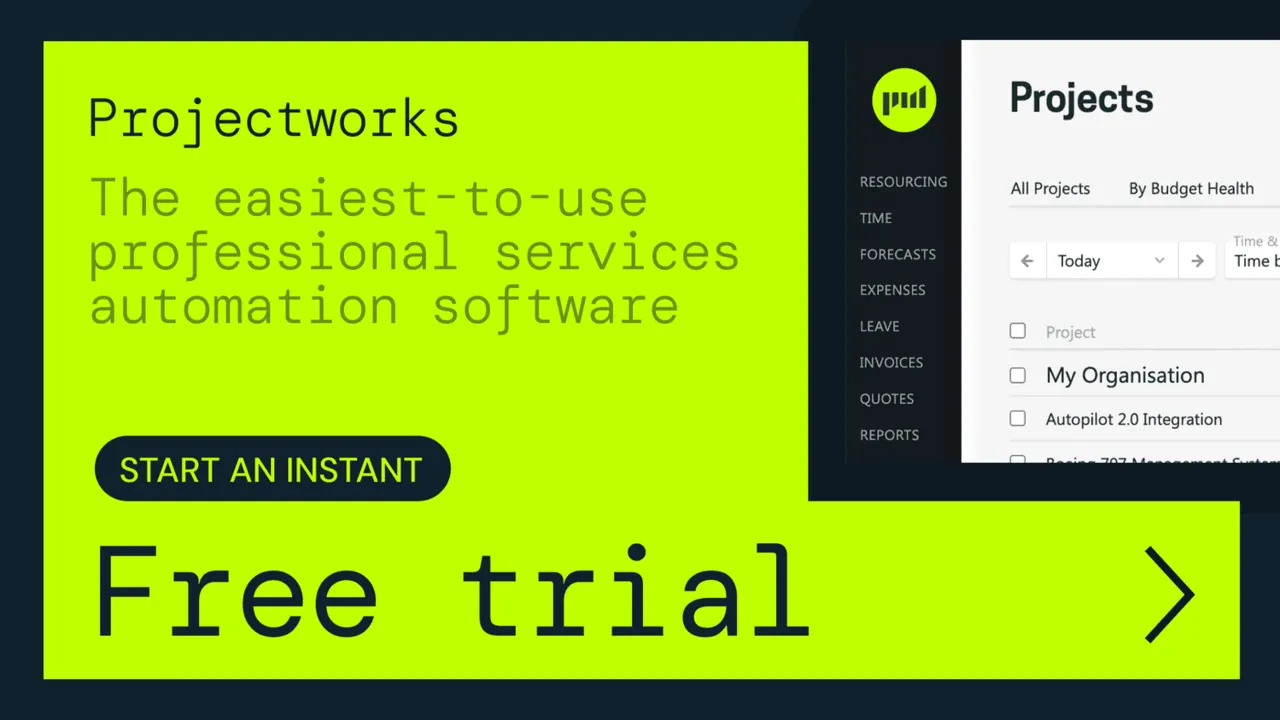Increase Your Billable Hours With Time Tracking Software For Consultants
%20(1).avif)
Ready to boost your billable hours? Here’s how top consultants use time tracking software make every hour count.
Billable hours are a cornerstone of the consulting industry, but the reality of managing and maximizing them can be quite different from what many consultants expect when they start their careers.
Many consultants find themselves grappling with the nuances of billable hours, including how to track them effectively, how they impact their work-life balance, and how they influence client relationships. Based on the experiences of seasoned consultants, here’s a comprehensive guide to managing billable hours.
Always use time tracking software to record your billable time
One of the most important lessons in managing billable hours is to never cut your time preemptively. New consultants often reduce their billed time out of fear that it might seem unreasonable to clients or supervisors. However, it’s essential to bill for every minute spent on client work, no matter how small.
Short tasks, like brief emails or quick consultations, should be billed accurately. It’s easier for a supervisor or billing partner to adjust hours than for you to recover time you didn’t record.
If you aren't using time tracking software thats connected to your resource and capacity planning, invoicing, and other parts of your services delivery, then now is the time to start - you'll never look back.
Log time as you work
To ensure accurate billing, log your time continuously as you work. Record your time immediately upon completing a task to prevent forgetting entries and to capture every minute of client work.
This method not only maintains precise and detailed records but also proves invaluable during audits or when generating detailed billing reports for clients.
Ensure your consulting firm has clear goals
Setting clear and specific billable hour goals is crucial for enhancing both performance and job satisfaction. Start by breaking down your annual targets into monthly, weekly, and daily objectives.
Account for holidays, personal commitments, and any time away from work to ensure you consistently meet your goals. Being purposeful and strategic in your planning each week will help you stay on track and achieve your targets throughout the year. Aim to hit your daily billable goals by integrating them into your overall work plan and adjusting for any potential interruptions.
.webp)
Manage non-billable time with good timesheet software
Consultants frequently invest significant time in non-billable activities like administrative tasks, internal meetings, and professional development. Efficient management of this non-billable time is essential for maximizing your billable hours.
Consider advocating for the implementation PSA software at your firm to streamline these non-billable tasks. The right PSA tool can significantly reduce the time spent on administrative work, allowing you to focus more on billable activities. It will make your day more enjoyable (less admin) and will be beneficial for your workplace as they will get more productivity out of their people.
Understand the value of your time
Billing is not just about recording time; it’s also about understanding the value of your work.
If a task takes longer than initially anticipated, it’s important to bill for the actual time spent rather than the estimated time. For instance, if a brief email involves significant research, bill for the full amount of time spent on the task rather than the time it took to send the email itself.
Avoid arbitrary billing limits
Don’t overly stress about meeting arbitrary billing limits. Focus on delivering high-quality work and providing value to the client. If a task requires more time to complete properly, communicate this to your supervisor and adjust the billing accordingly. Quality work often outweighs rigid adherence to time limits, and clients appreciate thorough and well-executed deliverables.

Communicate clearly with your clients about project status and billing
Transparency with clients regarding billing practices is essential.
Clearly communicate how you track and bill your hours, and provide detailed invoices that break down the time spent on various tasks. This transparency helps build trust and prevents misunderstandings, ensuring that clients feel confident in the value they are receiving.
Avoid the “speed chess clock mentality”
Billing shouldn’t be treated like a stopwatch where you pause for every minor interruption. If you're engaged in focused work, continue billing even during meetings or when brainstorming.
For example, if you’re talking about a project while grabbing coffee with a coworker or conducting related research, this time is still valuable and should be billed. However, avoid billing for non-work activities, like casual conversations or personal time, to maintain professionalism and accuracy in your records.
Be prepared for challenges
Managing billable hours can be challenging for new consultants, especially when dealing with complex projects or tight deadlines. Be prepared for these challenges by developing effective time management strategies and maintaining open communication with clients and supervisors. Adaptability and proactive problem-solving can help you navigate these challenges. Using timesheet reminders can also increase your likelyhood of recording time accuately.
Billable hours and consulting go hand in hand
Understanding and managing billable hours effectively is a key component of a successful consulting career. By following these tips—accurately billing your time, setting clear goals, using billing software effectively, and maintaining transparency with clients—you can enhance your productivity and job satisfaction. Embracing these practices will help you achieve a balanced and rewarding consulting career.

Related Articles

Time Tracking Software For Consulting: Make Timesheets Stick
When it comes to time tracking, no-one needs another “where to click” tutorial. The real challenge is creating a daily habit that gives you clean, connected data – so you staff smarter, bill faster, and catch risk early. Here’s a practical approach to consulting time tracking used by high-performing firms, with examples of how teams run it in Projectworks.
.avif)
Best Practices For Using Time Tracking Software: A Consultant's Guide
Modern professional service businesses often need to manage a hybrid workforce. Whether your team members are working on-site, at home, or away at meetings, reliable time tracking software makes billing hours and attributing time to clients easy.
